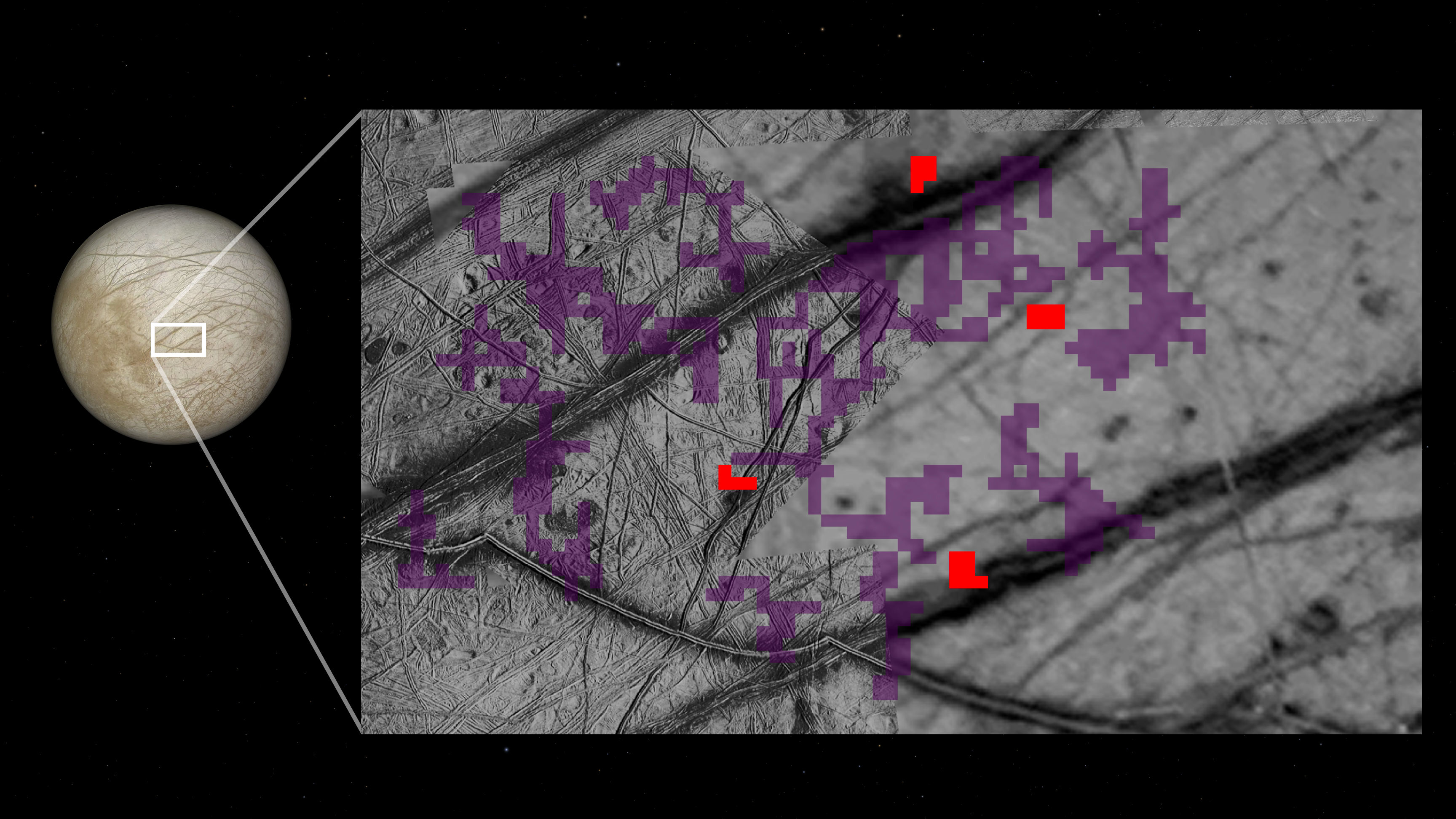Siberian town records 100 degree F day — the hottest in Arctic history
The new all-time high follows the world's hottest May on record.

Get the world’s most fascinating discoveries delivered straight to your inbox.
You are now subscribed
Your newsletter sign-up was successful
Want to add more newsletters?

Delivered Daily
Daily Newsletter
Sign up for the latest discoveries, groundbreaking research and fascinating breakthroughs that impact you and the wider world direct to your inbox.

Once a week
Life's Little Mysteries
Feed your curiosity with an exclusive mystery every week, solved with science and delivered direct to your inbox before it's seen anywhere else.

Once a week
How It Works
Sign up to our free science & technology newsletter for your weekly fix of fascinating articles, quick quizzes, amazing images, and more

Delivered daily
Space.com Newsletter
Breaking space news, the latest updates on rocket launches, skywatching events and more!

Once a month
Watch This Space
Sign up to our monthly entertainment newsletter to keep up with all our coverage of the latest sci-fi and space movies, tv shows, games and books.

Once a week
Night Sky This Week
Discover this week's must-see night sky events, moon phases, and stunning astrophotos. Sign up for our skywatching newsletter and explore the universe with us!
Join the club
Get full access to premium articles, exclusive features and a growing list of member rewards.
Siberia — the land of black snow, blood rain and spontaneous solar eclipses — may have just set a dire new climate record. On Saturday (June 20), temperatures in the far-north town of Verkhoyansk broke 100 degrees Fahrenheit (38 degrees Celsius) for the first time, according to news reports.
If verified, that makes Saturday's high the hottest-ever temperature documented above the Arctic Circle, The Washington Post reported.
Verkhoyansk is a town of some 1,300 residents in the Siberian Arctic, about 3,000 miles (4,800 kilometers) east of Moscow. The town has one of the most extreme temperature ranges on Earth, with winter lows hitting an average of minus 56 F (minus 49 C) and a previous all-time summer high of 98.96 F (37.2 C), according to Brittanica.com. On Saturday, several weather stations reported a new high of 100.4 F — the town's all-time hottest temperature since record keeping began in 1885. On Sunday, June 21, the town also reported a high of 95.3 (35.2 C), showing the previous day's heat was not a blip.
Related: 10 signs Earth's climate is off the rails
That sweltering new high (which is still being verified) arrives on the heels of Siberia's hottest May on record, with average temperatures soaring roughly 18 F (10 C) higher than the May average from 1979 to 2019, according to a special report from the European Union's Copernicus Climate Change Service.
This summer's high Arctic temperatures have already affected the region. Wildfires are running rampant, with 31 fires currently burning through 885,800 acres (358,472 hectares) of forest in the Sakha Republic (the region that includes Verkhoyansk), Russia's Federal Forest Agency reported today (June 21). Recently, Russian officials blamed an oil spill that leaked about 20,000 tons of diesel into a river in the Siberian Arctic on melting permafrost that allegedly caused the ground to sink below several oil tanks.
While remarkable, the news out of Siberia is also depressingly predictable. For years, average temperatures in the Arctic have been rising at a far faster rate than anywhere else in the world, largely due to melting sea ice induced by man-made global warming.
Get the world’s most fascinating discoveries delivered straight to your inbox.
- Images of melt: Earth's vanishing ice
- The reality of climate change: 10 myths busted
- Top 10 ways to destroy Earth
Originally published on Live Science.
OFFER: Save 45% on 'How It Works' 'All About Space' and 'All About History'!
For a limited time, you can take out a digital subscription to any of our best-selling science magazines for just $2.38 per month, or 45% off the standard price for the first three months.

Brandon is the space / physics editor at Live Science. With more than 20 years of editorial experience, his writing has appeared in The Washington Post, Reader's Digest, CBS.com, the Richard Dawkins Foundation website and other outlets. He holds a bachelor's degree in creative writing from the University of Arizona, with minors in journalism and media arts. His interests include black holes, asteroids and comets, and the search for extraterrestrial life.
 Live Science Plus
Live Science Plus






